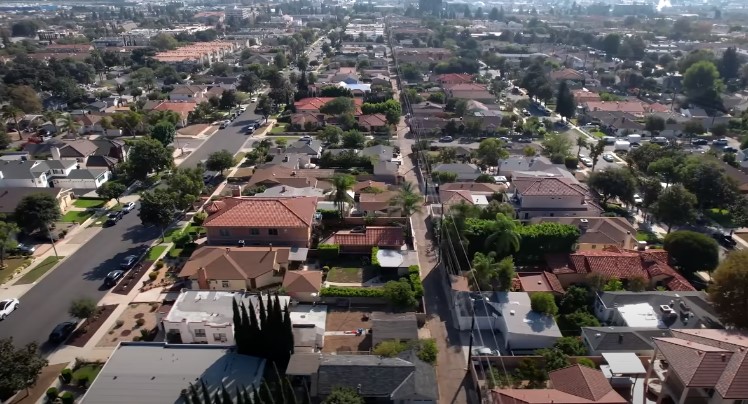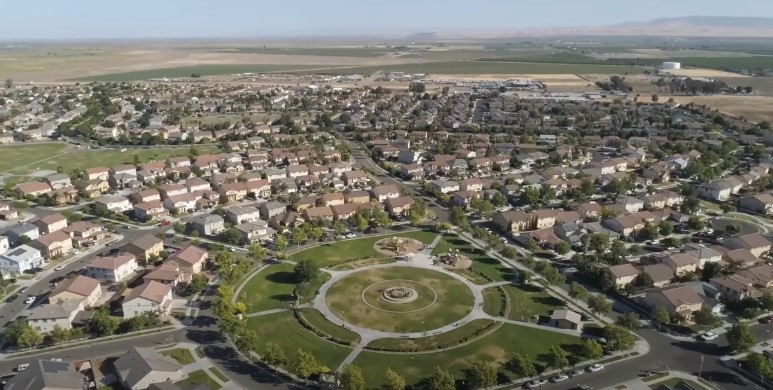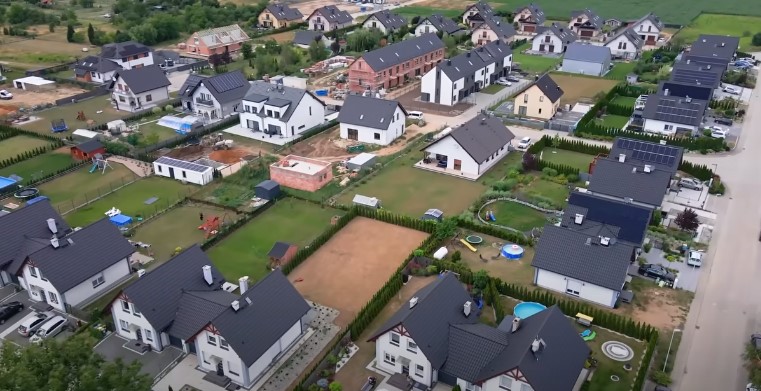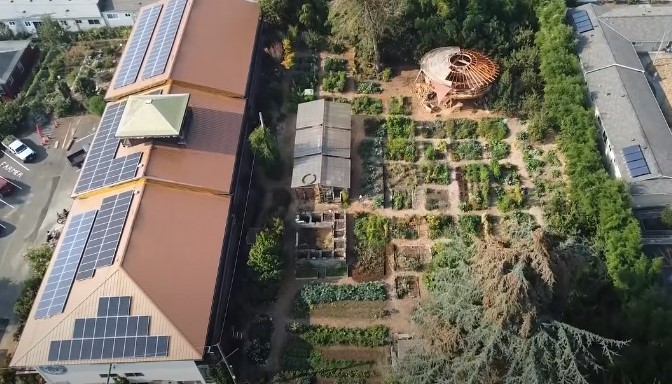This article will explore the fundamental aspects of building a town, focusing on the key factors that influence the overall cost. From infrastructure and land acquisition to planning and construction expenses, understanding the intricacies of these elements is crucial for any town development project.
Let’s delve into the essential considerations and estimated costs involved in building a town from scratch.
How Much Does It Cost to Build a Town?
On a general scale, the cost can range from tens of millions to several billions of dollars. Small towns with basic amenities may cost around $30 million to $50 million, while larger, more comprehensive developments can exceed $1 billion or more.
What is the Difference Between a Town and a City?
The difference between a town and a city lies primarily in size, population, governance, infrastructure, and legal status. Generally, cities are larger and more populous than towns, with higher population densities and more significant urban development.

Cities often have more complex and comprehensive forms of government, while towns may have simpler governing structures. Infrastructure in cities tends to be more advanced and extensive, with better transportation networks and a wider range of public services and facilities.
Legal definitions and historical or cultural significance may also play a role in designating an area as a town or a city.
Factors Affecting the Cost of Building a Town
Building a town from scratch is a complex undertaking that involves numerous considerations. The total cost of such a project can vary significantly based on several key factors.
Below are the primary elements that influence the overall cost of constructing a town:
Land Acquisition and Location
The cost of acquiring land is one of the most significant factors in building a town. The location plays a vital role in determining land prices, with urban or prime locations generally commanding higher costs.

The size of the town and the availability of suitable land parcels also affect expenses.
Infrastructure Development
Establishing the necessary infrastructure, such as roads, utilities, water supply, sewage systems, and electricity, is a substantial expense in town construction. The extent of infrastructure required can significantly influence the budget.
Zoning and Regulatory Compliance
Complying with zoning regulations and obtaining permits is essential in town development. The cost may vary based on local building codes, environmental impact assessments, and other regulatory requirements.
Planning and Design
Thorough planning and designing are critical to creating a functional and attractive town. Architects, urban planners, and consultants may be needed to develop comprehensive master plans, which add to the project’s costs.

Construction Materials and Labor
The cost of construction materials and labor can vary based on market conditions, availability, and local wages. The scale of the project and the complexity of architectural designs may also impact labor and material expenses.
Public Facilities and Amenities
To create a livable community, town developers often include public facilities and amenities like schools, parks, recreational centers, and healthcare facilities [1]. The scope and quality of these amenities contribute to the overall cost.
Market Demand and Economic Conditions
Economic factors and market demand can influence construction costs. During periods of high demand, material and labor costs may increase, affecting the project’s budget.
Contingency and Unforeseen Costs

Unforeseen challenges and changes during the construction process can lead to additional costs. Setting aside contingency funds is essential to mitigate the impact of unexpected expenses.
Conclusion
The cost to build a town can vary widely, ranging from tens of millions to billions of dollars, depending on factors like size, location, infrastructure needs, and local regulations.

